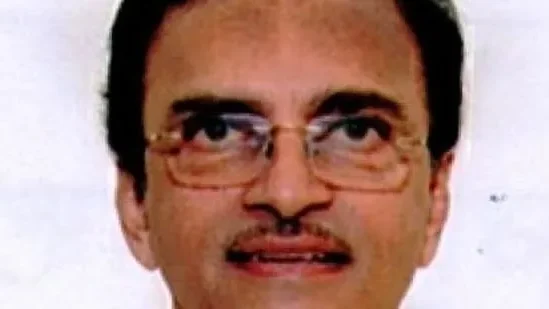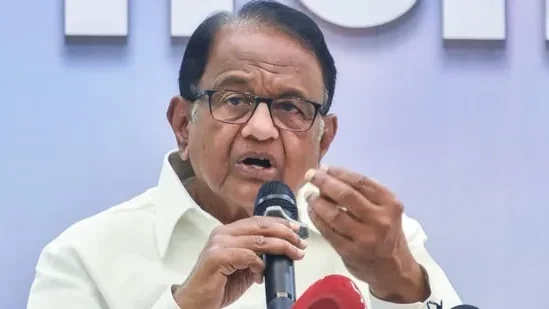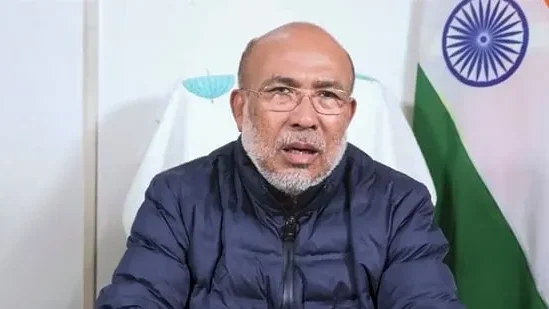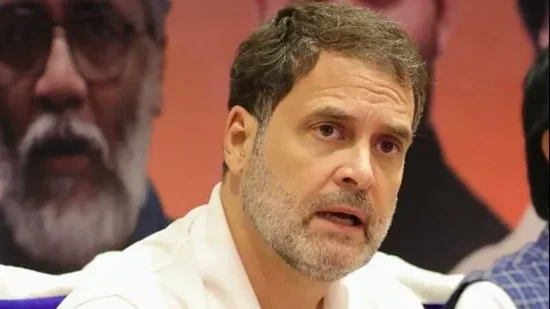In a surprising political move, former Maharashtra Chief Minister and Congress leader Sushilkumar Shinde has thrown his weight behind Dharmaraj Kadadi, an independent candidate contesting the Solapur South assembly seat. This endorsement comes despite the presence of a Shiv Sena (UBT) candidate backed by the Maha Vikas Aghadi (MVA) alliance, of which Congress is a key member.
Shinde and his daughter, Congress MP Praniti Shinde, made the announcement on Wednesday morning, shortly after they cast their votes in Solapur. Shinde emphasized that Kadadi, a Lingayat community leader and the grandson of former MP Appa Saheb Kadadi, was a “promising” candidate for the seat. “We initially considered Dilip Mane for the Congress nomination, but he withdrew after not receiving the necessary AB form, leading him to support Kadadi,” explained Shinde.
The Congress veteran also criticized Shiv Sena (UBT), stating that the party’s claim over Solapur South lacked foundation, given the constituency’s longstanding history as a Congress stronghold. “Solapur South has always been a bastion for the Congress. Shinde said, “I represented this constituency when I served as the Chief Minister of Maharashtra.”
Praniti Shinde highlighted Congress’s historic dominance in Solapur South and explained why they supported Kadadi despite the alliance.
Kadadi fell out with the BJP following a land dispute over the Siddheshwar mill. He is now considered a strong contender due to his community connections and leadership in local institutions. After failing to secure a party ticket despite reaching out to Congress and NCP, he chose to run as an independent candidate.
As political alliances continue to shift, the endorsement by Shinde has added a fresh layer of intrigue to the high-stakes contest in Solapur South










